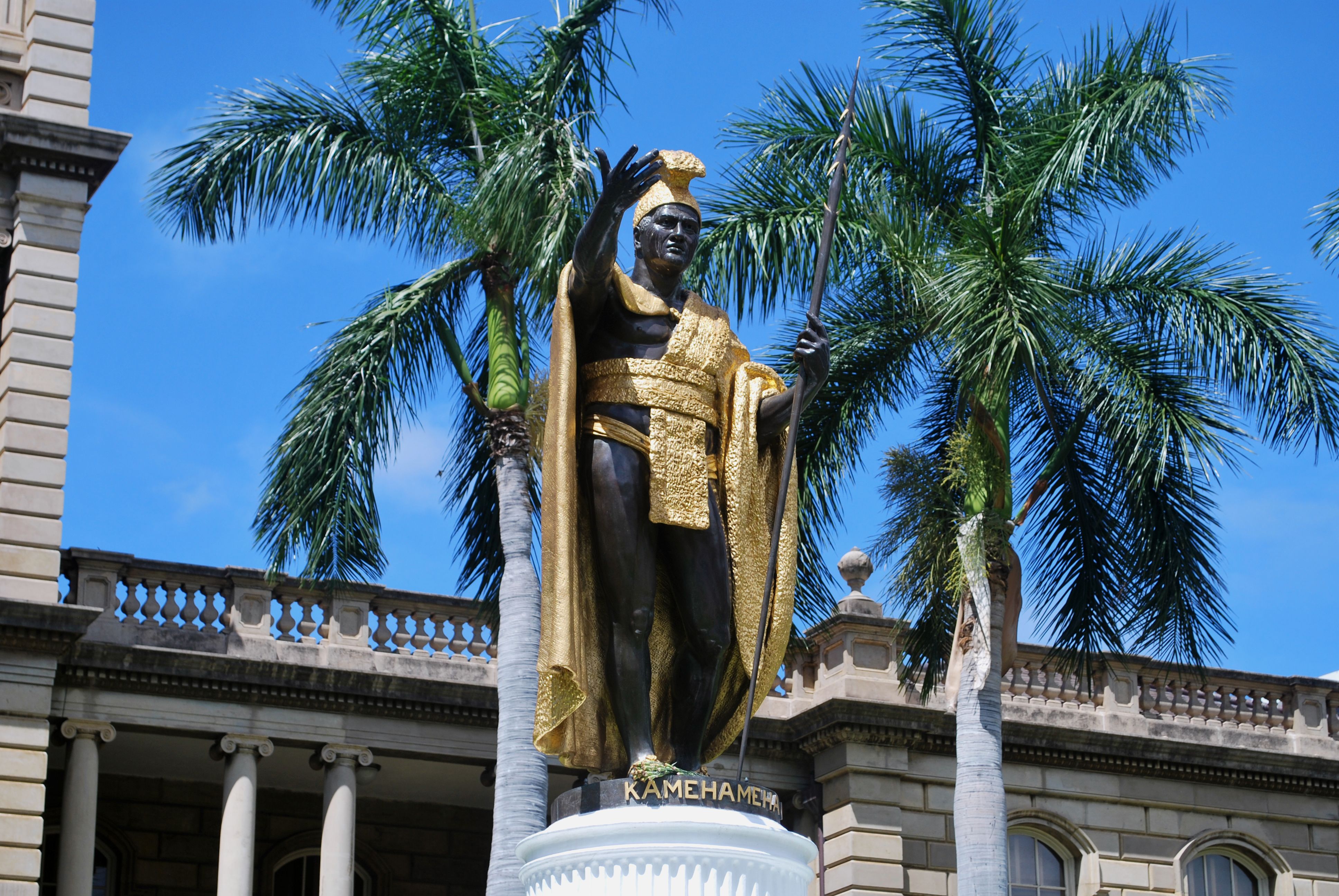The Ongoing Impact of Hawaii's Illegal Occupation on its People
Understanding Hawaii's Historical Context
The history of Hawaii's illegal occupation is a complex and multifaceted issue that continues to affect the lives of its people. The islands, once a sovereign nation, were overthrown in 1893 by a group of American and European businessmen with the assistance of U.S. military forces. This led to Hawaii's annexation by the United States in 1898, a move that many scholars and activists argue violated international law and the rights of the Hawaiian people.
Today, this historical episode remains a point of contention and plays a significant role in shaping the identity and struggles of Native Hawaiians. The ongoing impact of this occupation is evident in various socio-economic and cultural dimensions across the islands.

Economic Disparities and Land Ownership
One of the most apparent impacts of Hawaii's illegal occupation is the economic disparity experienced by Native Hawaiians. Historically, land ownership was communal, with land managed for the benefit of all. However, following annexation, much of the land was transferred to private ownership or held by the state, leaving many Native Hawaiians landless and disenfranchised.
Today, Native Hawaiians often face challenges in accessing affordable housing and securing economic opportunities. The high cost of living in Hawaii exacerbates these issues, with many families struggling to make ends meet. This economic strain is a direct legacy of the past and highlights ongoing systemic inequalities.

Cultural Erosion and Revitalization Efforts
The illegal occupation has also had profound effects on Hawaiian culture and identity. Over time, Western influence led to the suppression of Hawaiian language, traditions, and practices. However, in recent decades, there has been a strong movement towards cultural revitalization as Native Hawaiians seek to reclaim and preserve their heritage.
Efforts to teach the Hawaiian language in schools, celebrate traditional practices, and promote cultural events have been instrumental in fostering a renewed sense of identity among the Hawaiian people. These endeavors are not only about preserving the past but also about empowering future generations to carry forward their unique cultural legacy.

Political Activism and Sovereignty Movements
The question of Hawaiian sovereignty remains a contentious issue. Many Native Hawaiians continue to advocate for recognition of their rights and the restoration of their nation's independence. Various groups have formed to address these concerns, each proposing different pathways toward sovereignty or increased self-governance.
Political activism has been crucial in raising awareness about Hawaii's historical and current injustices. Through protests, legal challenges, and international advocacy, Native Hawaiians are working to ensure their voices are heard and their rights recognized.
Environmental Stewardship and Sustainability
Another area deeply affected by the occupation is environmental stewardship. Native Hawaiians have long practiced sustainable living, respecting the land and its resources. However, modern development and tourism have often clashed with these traditional values, leading to environmental degradation.
There is a growing movement among Native Hawaiians to promote sustainability and protect natural resources. By integrating traditional knowledge with modern practices, they aim to restore balance to the islands' ecosystems and ensure a sustainable future for generations to come.

The Path Forward
Addressing the ongoing impacts of Hawaii's illegal occupation requires a multifaceted approach that considers historical context, economic needs, cultural preservation, political rights, and environmental sustainability. It is crucial for both local communities and external stakeholders to work collaboratively towards solutions that honor Hawaii's unique heritage and support its people's aspirations.
The journey towards justice and reconciliation is complex, but through collective effort and commitment, there is hope for a future where Native Hawaiians can thrive with dignity and autonomy.